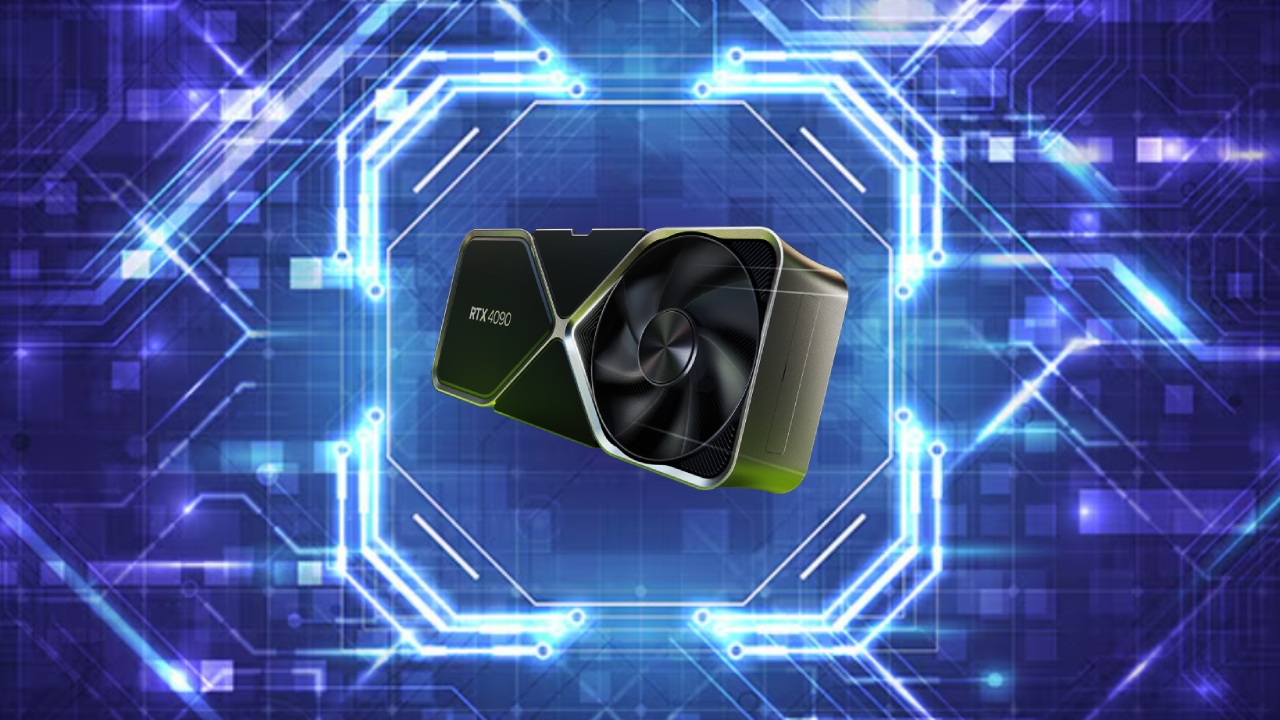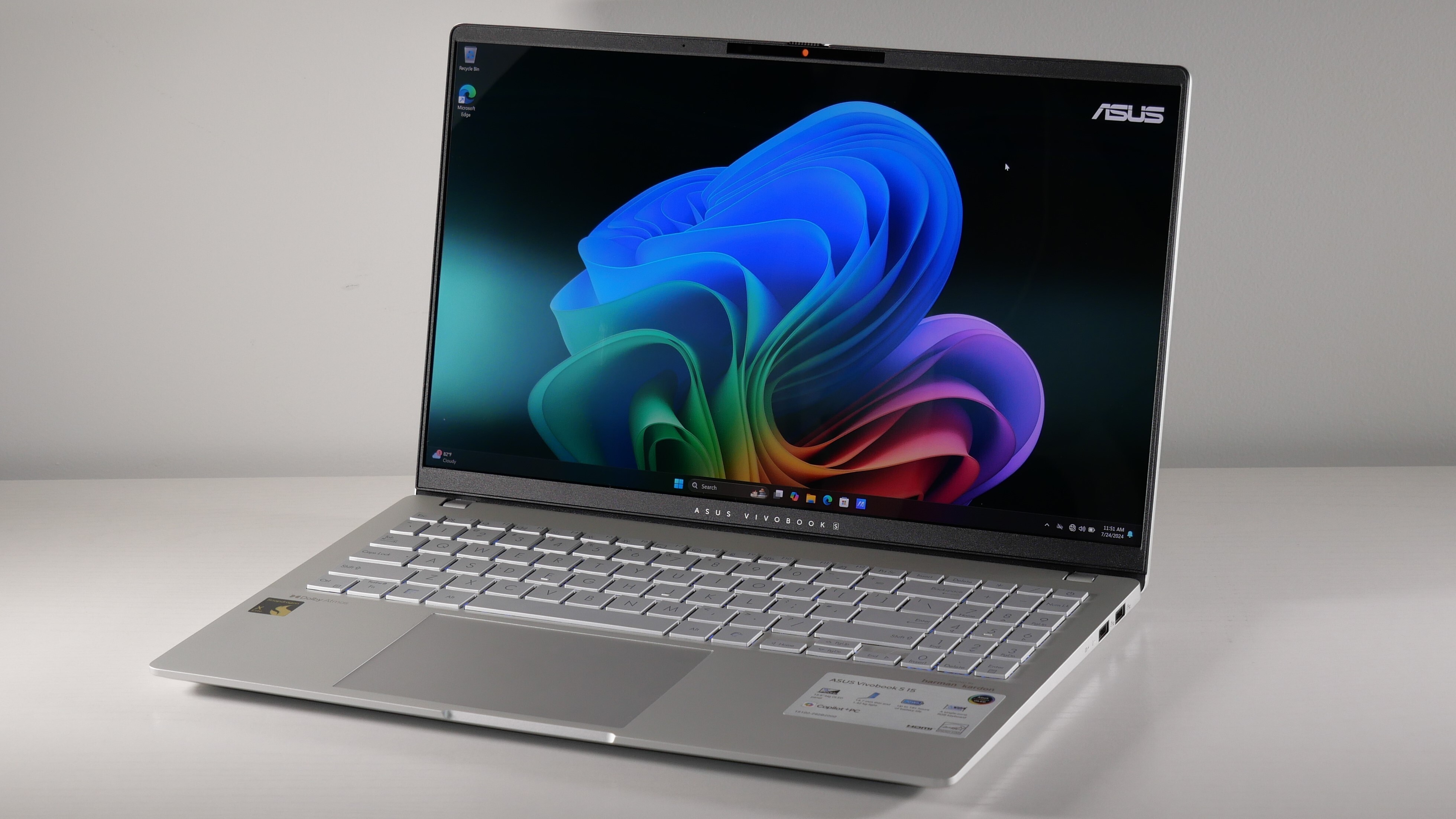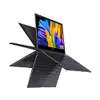ARM successfully dominated CPUs — GPUs might be next
ARM's rumored upcoming GPU could be a game-changer

Computing company ARM, which built the architecture for Apple Silicon and many Qualcomm processors, is reportedly expanding its reach according to unnamed sources who spoke to Globes last week.
The report claims that ARM is developing a graphics card specifically for gaming. We're unsure whether or not this will take the form of something smaller scale for mobile devices like laptops, or something far grander like a desktop-level GPU.
Considering the company has already developed smartphone GPUs, like the Immortalis GPU, this likely involves far more than just gaming on Android.
Globes' sources claim it's designed to compete with Nvidia and Intel. Suggesting that the result of ARM's development could be a powerful laptop or desktop-level GPU, ready to compete with Intel's Arc and Nvidia's GeForce family of graphics cards and discrete GPUs within the PC space.
Regardless of which way the company shifts, we have high hopes considering the massive success of ARM architecture found within modern laptop releases.
Qualcomm just took the world by storm with ARM
Qualcomm launched its Snapdragon X Plus/Elite processors based on ARM architecture back in June, and it did an impressive job fulfilling promises that most companies normally can't keep.
This includes the official Qualcomm website promising up to 22 hours of longevity, and while it didn't hit those numbers exactly, we've seen incredible longevity from Qualcomm Snapdragon X Elite-powered laptops. Not a single one lasted shorter than 12 hours on the Laptop Mag battery life test, which involves continuous web surfing at 150 nits.
Sign up to receive The Snapshot, a free special dispatch from Laptop Mag, in your inbox.
From the six Qualcomm Snapdragon X Elite laptops we've reviewed, the average battery life sat at around 15 hours:
- Dell XPS 13 9345 (19:01)
- HP EliteBook Ultra (16:01)
- Microsoft Surface Laptop 7th Edition (15:44)
- Lenovo Yoga Slim 7x (14:01)
- Asus Vivobook S15 S5507 (12:53)
- Microsoft Surface Pro 11th Edition (12:11)
Considering we're normally impressed when a productivity laptop can achieve 10 hours or more of battery life, it's mindblowing how consistent and efficient Snapdragon X Elite has been. Keep in mind that this is done without making sacrifices to its performance.
Yes, the Snapdragon X Elite absolutely destroyed our performance benchmarks, with all six laptops blowing our expectations out of the water.

We ran these laptops through the Geekbench 6 overall performance test (where the higher the score, the better the overall performance), and we've split them into two different categories based on processor and put their multi-core scores alongside them.
Snapdragon X Elite X1E-80-100:
- Dell XPS 13 9345 (14,635)
- Microsoft Surface Laptop 7th Edition (14,426)
- Microsoft Surface Pro 11th Edition (14,432)
Snapdragon X Elite X1E-78-100:
- HP EliteBook Ultra (12,717)
- Lenovo Yoga Slim 7x (13,750)
- Asus Vivobook S15 S5507 (14,522)
This is incredible, especially when considering the current premium laptop average is 9,726, which is far less than what these laptops are hitting. For further context, the Apple MacBook Air 13-inch powered by M3 managed a multi-core score of 12,087 on this same test.
Apple has had a stranglehold on ARM-based performance for several years now, and almost out of the blue, a shift by Qualcomm into ARM-based desktop and mobile chips to power Copilot+ PCs has seen Windows laptops catapulted to the top of benchmark results and scoring raving reviews on performance from reviewers.
Long story short, these ARM-based processors have been an absolute titan, and considering rumors are suggesting that AMD and Nvidia could also be moving over to ARM architecture, we can't help but wonder what exactly ARM could be capable of if it were to move into the GPU market.
Can ARM really compete with Nvidia?
Globes' sources specifically cite that this is based on ARM manufacturing its own hardware rather than just assisting other companies' existing graphics. This isn't the first time ARM has done this, as its technology has been used for mobile gaming in chips like the Immortalis GPU which it manufactures itself. In fact, the team responsible for the Immortalis GPU is reportedly the same one tasked with working on ARM's rumored dedicated graphics card.
Competing with Nvidia is rather ambitious. There's no company dominating the discrete graphics market like Nvidia is, featuring a GeForce revenue of $2.86 billion in Q3 2024, versus AMD's $922 million according to Q1 2024.
Even beyond gaming, it shipped nearly 4 million GPUs in 2023 in the data center market according to TechInsights, which equates to 98% of the revenue share of the data center GPU market. Those numbers are nearly unbeatable, and for ARM to solidify itself in this market, it will need to stand out from Nvidia in some way.
While this could be by pushing for greater power, it will likely find the most success if it focuses on the budget market. It's no secret that Nvidia GeForce GPUs are pricey, but even then, the company fulfills quite a few sections of this market, whether it be the $299 RTX 4060, $599 RTX 4070, $1,199 RTX 4080, and $1,599 RTX 4090, hitting anywhere between budget and high-end.
Nvidia has been no stranger to criticism of its rising GPU costs, with the RTX 3080 launching at $699 (and the 12GB versus at $799), now rising to $1,199 with the RTX 40-series version.
ARM could find serious success in the budget market, and competition against Nvidia is sorely needed given the company's strong dominance over an entire corner of the market.
More from Laptop Mag
- AMD processors are far behind Qualcomm, Intel, and Apple in battery life. Here's why.
- Asus ProArt PX13 vs Lenovo Yoga Pro 9i 16 Gen 9: Which AI-powered laptop is the best for creators?
- iPhone 16 colors: Pro models may continue a disappointing trend for Apple

Self-described art critic and unabashedly pretentious, Claire finds joy in impassioned ramblings about her closeness to video games. She has a bachelor’s degree in Journalism & Media Studies from Brooklyn College and five years of experience in entertainment journalism. Claire is a stalwart defender of the importance found in subjectivity and spends most days overwhelmed with excitement for the past, present and future of gaming. When she isn't writing or playing Dark Souls, she can be found eating chicken fettuccine alfredo and watching anime.









